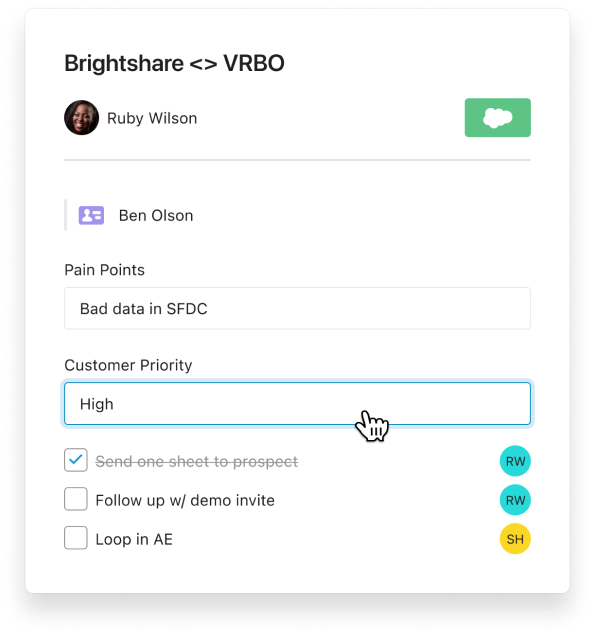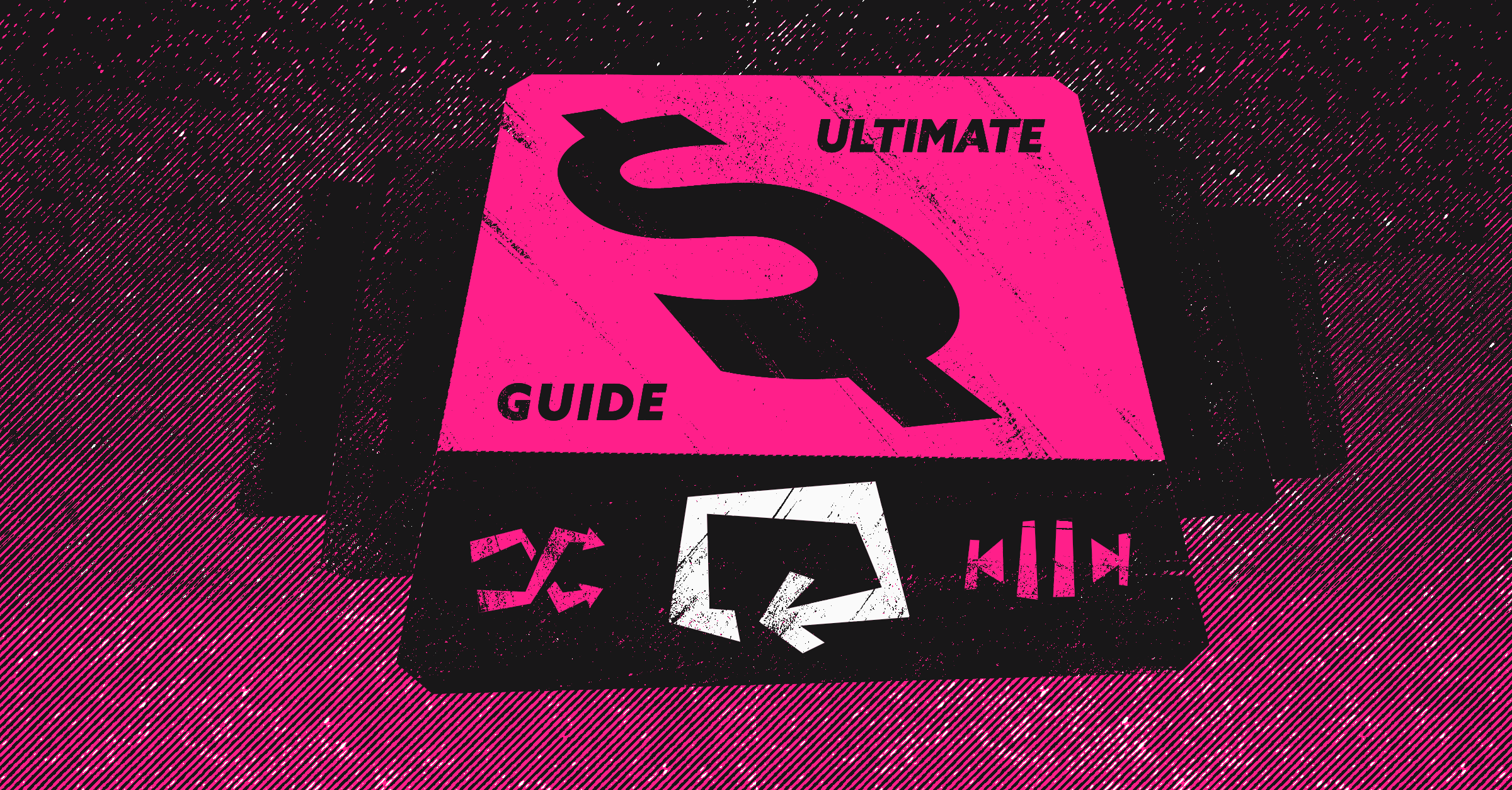
In sales, it can sometimes be difficult to understand why one deal moves forward, but another deal dies. Many times, promising deals — that is, deals that make both financial and logistical sense for a prospect — will peter out, with the sales rep left shaking their head and wondering what happened. It’s a frustrating and unpleasant feeling, especially if you felt sure the deal was absolutely going to close.
There can be many reasons why a promising deal goes off the rails. But in many cases, the reasons are quite similar. In order to help reps win more deals, we’ve put together the following list of the most common reasons why promising deals get stalled out. It’s not exhaustive, but it covers things that reps can do to minimize their chances of losing a good deal.
Here are four reasons why winnable deals get off track:
1. Poor Discovery and Qualification
Discovery is a critical part of the sales process, and it’s essential to take the time to get to know your prospects. Skipping important parts of discovery or treating it as a checkbox exercise is a surefire way to mess up a promising deal. During the discovery phase, you have a chance to make a great first impression and gain a deeper understanding of your prospect’s needs and pain points. By taking the time to listen carefully and ask insightful questions, you can build a strong foundation for the rest of the sales process. (Here is the essential guide to amazing discovery calls, with templates to help.)
To avoid falling into the trap of poor discovery and qualification, be sure to prioritize this stage of the sales process and treat each prospect as an individual with unique needs and challenges. Avoid making assumptions and take the time to get to know them as people, not just as potential customers (trust us, they can tell the difference).
2. Analysis Paralysis
In his new book, The Jolt Effect, sales researcher Matthew Dixon (author of The Challenger Sale) posits that too many options, not too few, are responsible for lost deals when it comes to enterprise sales. His research shows that decision-makers fail to move forward primarily because the fear of the unknown (the fear of making the wrong decision) overrides the fear of sticking with the status quo. By recommending the best choice, reps can take some of that pressure off the buyer and increase the likelihood of closing the deal.
To overcome indecision, sales reps must not only make the business case for their product, they must also guide the prospect toward a particular option. Focus on building a strong relationship with your prospects and gaining a deep understanding of their needs and priorities. By positioning yourself as a trusted advisor and expert in your field, you can help guide them toward the right decision without overwhelming them with too many choices.
3. Lack of a Customer-Specific Business Case
Dooly’s research shows that one of the biggest challenges facing sales reps is building a customer-specific business case. This involves building differentiation, proving value, providing a compelling reason to act, overcoming indecision, and outlining implementation details. To succeed in this area, reps need to take the time to understand their clients’ needs and tailor their proposals, demos, and follow-up messaging accordingly.
Avoid the mistake of presenting a one-size-fits-all solution that doesn’t address your prospect’s unique needs and concerns. Instead, take the time to personalize your approach and demonstrate a deep understanding of their business and challenges. Don’t skimp out on a customized approach.
4. Lack of Engagement from Prospects
Engagement is a critical indicator of deal health. The more engaged your prospects are, the more likely you are to close the deal. This means communicating frequently and effectively, maintaining a high velocity of messaging, and responding promptly to any questions or concerns. By building trust, outlining next steps, and agreeing on a clear game plan, you can increase your chances of success. (Not getting a response from your prospects? Try these 5 things now.)
Getting customers engaged is not always easy, but if you set the right expectations, create (and communicate) an effective roadmap, and get their buy-in throughout the process, then you’ll make it much more likely that you’ll end up with a closed-won. By demonstrating that you’re invested in their success and willing to go above and beyond to help them achieve their goals, you can build a foundation that will help move the deal forward. Put simply: if they know they can count on you, then (most of the time) they will trust you with their business.
Dooly helps you crush your quota, not your keyboard.
Manage your deals in seconds, not hours.
Try Dooly for free
Join the thousands of top-performing AEs who use Dooly every day to stay more organized, instantly update their pipeline, and spend more time selling instead of mindless admin work. Try Dooly free, no credit card required. Or, Request a demo to speak with a Dooly product expert right now.


